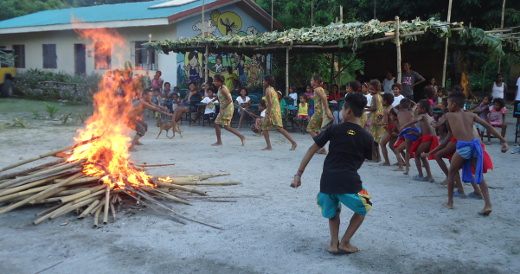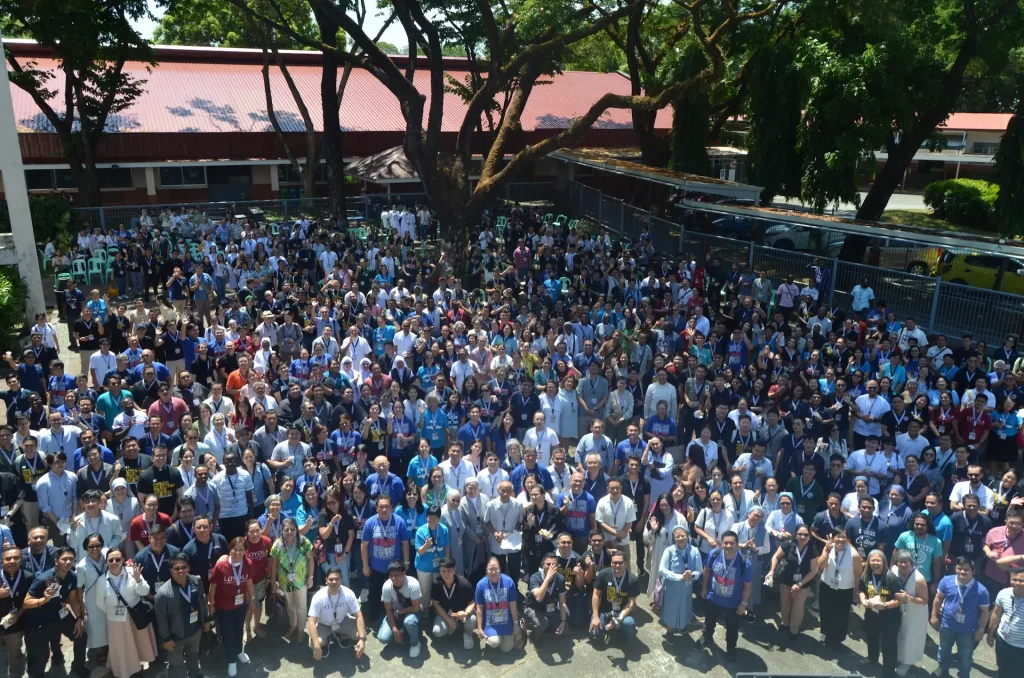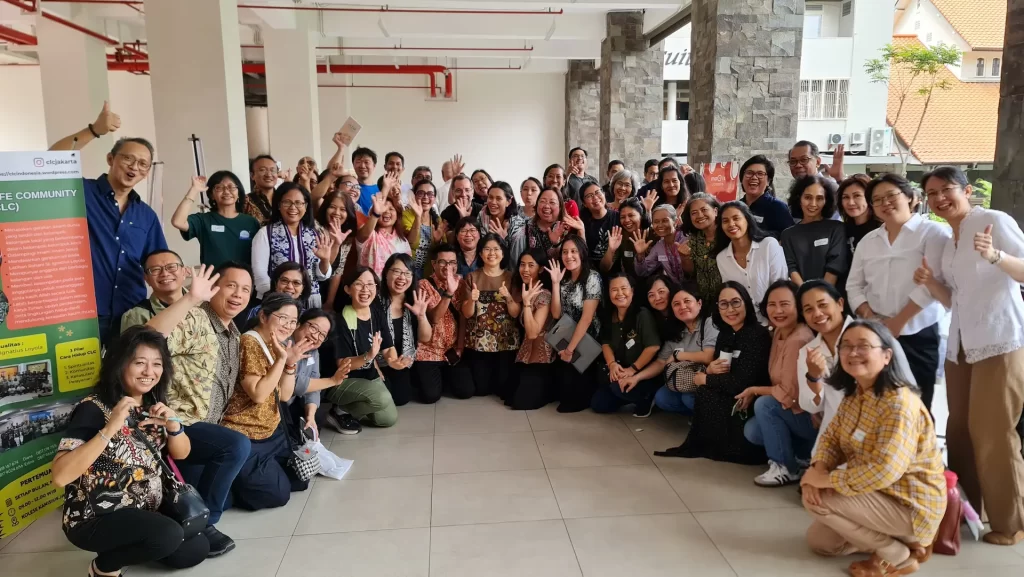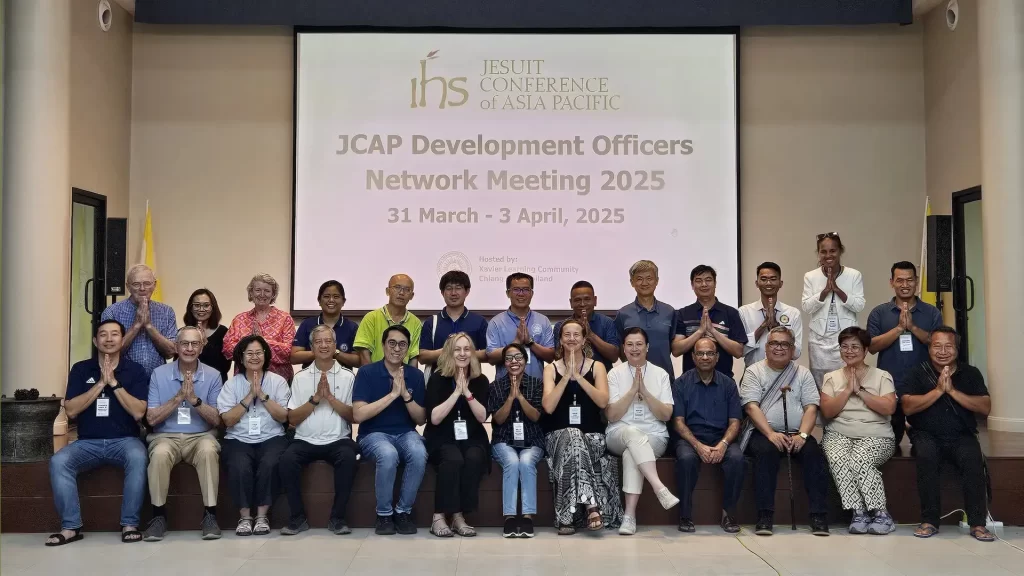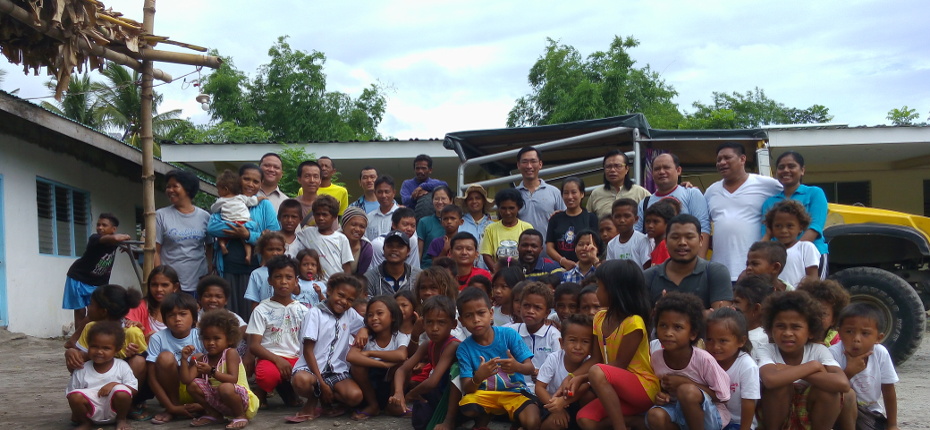
“The immersion helps the participants to learn how to appreciate the spirituality and cultures of the Ayta,” explained Fr Jojo Fung SJ, Coordinator for Jesuit Companions in Indigenous Ministry (JCIM) for the Jesuit Conference of Asia Pacific and one of the facilitators of the programme. “At the same time, they have to unlearn cultural and theological prejudices that denigrate the richness of the indigenous communities.”
The participants were warmly welcomed by their host families in the rural villages of Yanka, Bilad, Tarukan, Manabayugan, Flora and Caoayan for the programme held from June 13 to 26. The time they spent with them as well as with the teachers, children, mothers, fathers, chieftain, elders and mag-aanitos (shamans) made for a good learning experience.
Filipino Cherry Valdez, the sole lay participant, shared, “With a good mix of brothers and sisters, the course led us to be like children in awe and wonder of God’s mystery, calling us forth towards a sound and responsive contextual theology with people on the margins.”
Martin Kamao, a Jesuit deacon from Kenya averred, “I am learning from the Ayta how to unlearn my prejudices and learn to appreciate and integrate the richness of our Kikuyu, Tamba and Masai tribal communities and spiritualties.”
Sr Martha Mondol from Bangladesh agreed, saying “It is good to see how the Aytas do their worship so I can also learn how to pray with nature. When I return, I will meet with the bishop and organise our young sisters to go to the villages to know the spirituality of the tribal communities.”
Christian Yudo, an Indonesian Jesuit scholastic in his first year of theology, said, “I want to learn about pneumatology so that I can better appreciate the spirit world of our people. I want to know more deeply about theology in the Asian context,” and Korean scholastic Cho Changmo SJ shares his sentiment. “I need more discernment on how to sense God in other cultures and religions,” he remarked.
For Veronika Atdjas, an Indonesian sister, the immersion brought out a feeling of kinship. “The programme has helped me to reclaim what I have missed, especially my own mother tongue. I was able to connect with my late Dad and talk to him with consolation, and this connection gives me energy,” she said.
The gratitude of the participants led them to summarise their experience as follows:
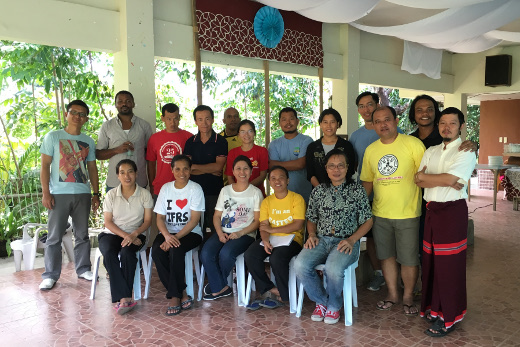
Continuously transforming my perspective of indigenous practices and spirituality, to appreciate and learn from it, to look into the indigenous people’s worldview, to see my connectedness with nature – that I am but a strand in the web of life.
Openness, sensitivity, appreciation. Working with others and not just for others. Appreciating more deeply a life of simplicity.
The community life is beautiful. Learning with and from each other. Helping each other. Being with each other. Taking care of each other. Laughing with each other. Challenging. Sharing. Listening. Forming friendships.
Engaging ourselves in village learning, we DARE (Data, Analysis, Reflection, Engagement). We learnt that “feelings are facts” though they may not be based on facts. We reflected on our experiences and the teachings of the Church, and heeded the call to action.
Pardon for the rupture we have done to our brothers and sisters, to nature, to ourselves as we grow in gratitude for our ancestors, for Mother Nature, and especially for our indigenous sisters and brothers.
Related Stories:
Respecting Indigenous Peoples and their beliefs
Being companions to indigenous peoples

